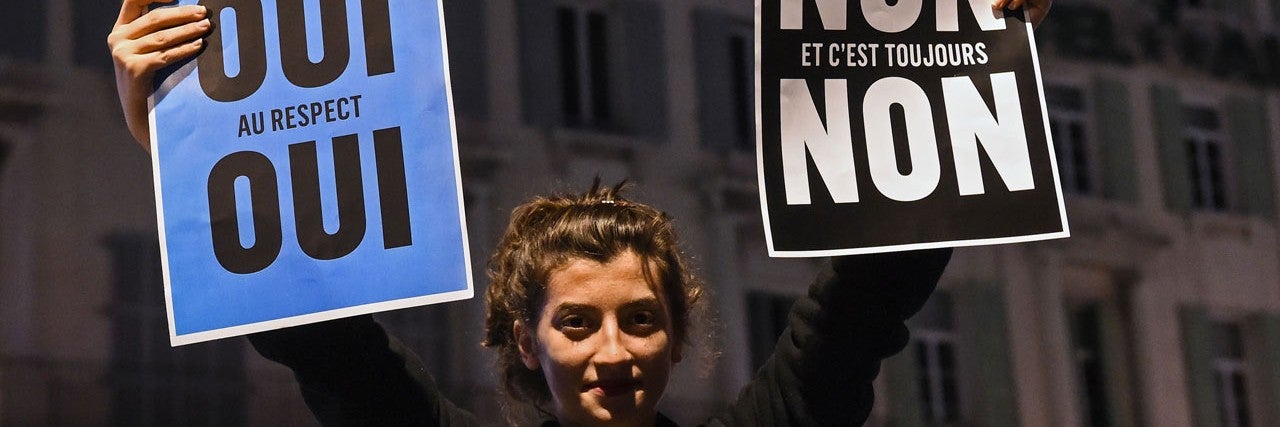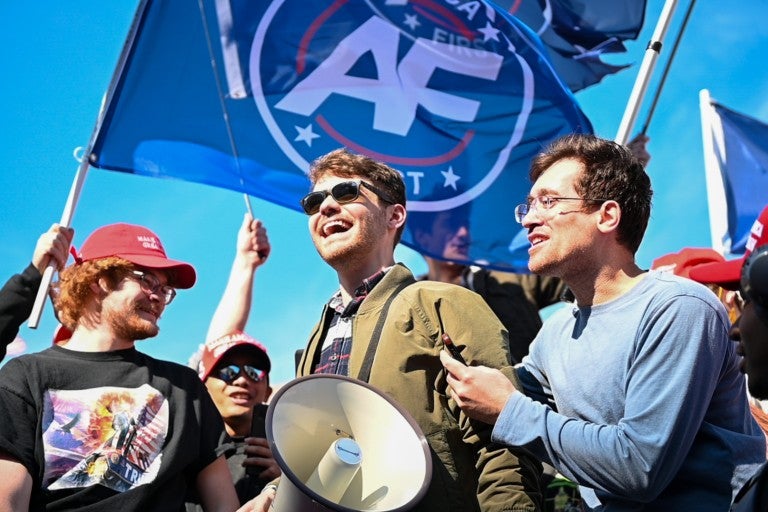December 17, 2020
This is the first installment of a series on the State of Antisemitism Around the Globe, in which AJC experts share their insights about nine international communities where particular expressions of Jew hatred are on the rise. The next piece will focus on Latin America.
From the children ruthlessly gunned down at a Jewish school in Toulouse in 2012 to the savage stabbing of an elderly Holocaust survivor in Paris in 2018, it is hardly a shock that AJC’s survey on antisemitism in France, released in early 2020 in partnership with the Foundation for Political Innovation (Fondapol), found that 77% of Jews and 53% of the general public believe that anti-Jewish hatred is on the rise.
But since the global pandemic put the entire country into lockdown between February and September, the problem has expanded to include widespread conspiracy theories directly related to the coronavirus.
“Let’s talk about the year 2020, which is a special year for antisemitism,” said AJC Paris Director Anne-Sophie Sebban-Bécache, referring to widespread conspiracy theories about Jewish officials accused of spreading the virus and profiting from the pandemic.
Both Jews (73%) and the general public (72%) identified antisemitism as a societal problem, not just a Jewish one. “This result in our survey is essential as it is sending a positive and encouraging message about our collective ability to fight against this scourge,” said Sebban-Bécache. Nearly a quarter (23%) of French Jews had fallen victim to an act of physical violence on at least one occasion. One out of ten said they have experienced violence on several occasions.
Now, as a wave of terror by extremists claiming to act in the name of Islam sweeps the country, the government is finally banning terrorist and Islamist groups who incite violence and preach intolerance, including the violent antisemitic and anti-Zionist group, Cheikh Yassine.
Last year, the French government and Parliament endorsed the Working Definition of Antisemitism developed by the International Holocaust Remembrance Alliance. Some NGOs have cautioned that such actions will alienate other minorities and that antisemitism should not be addressed separately from other forms of racism and discrimination. Sebban-Bécache says that diminishes the danger facing Jews.
“The history of antisemitism, its sources, and its forms are unique,” Sebban-Bécache said. “It’s not about putting one discrimination on the summit in the light and hiding the rest. It’s about being precise and efficient in our fight against hate.”





